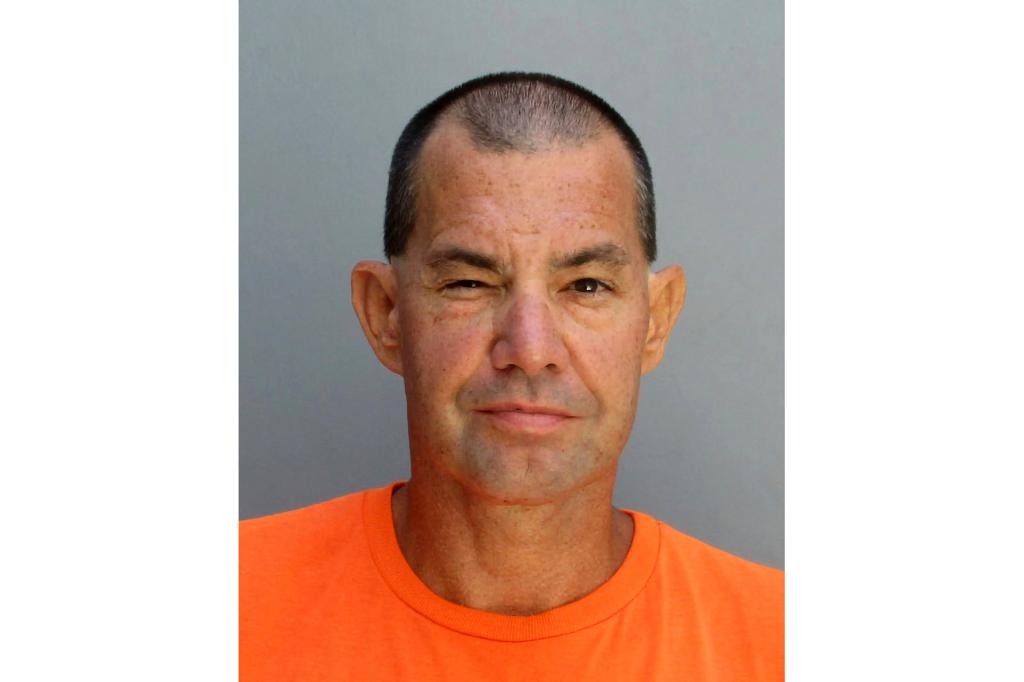Aaron Brian Gunches’s Impatient Pursuit of Execution: A Case Study in Arizona’s Death Penalty System
Aaron Brian Gunches, a death row inmate in Arizona, has taken the unusual step of urging the state’s highest court to expedite his execution, bypassing standard legal procedures. Convicted for the 2002 murder of Ted Price, Gunches asserts that his sentence is "long overdue" and accuses the state of deliberate delays. This unprecedented request comes amidst Arizona’s efforts to reinstate its capital punishment procedures following a two-year hiatus prompted by operational and ethical concerns. Gunches’s eagerness for execution throws a spotlight on the complexities and controversies surrounding the death penalty in Arizona.
Gunches’s self-representation, his impatience with legal formalities, and the state’s cautious approach create a unique legal dynamic. While Arizona Attorney General Kris Mayes’s office concurs with the execution warrant, they emphasize the necessity of a structured briefing schedule. This schedule ensures compliance with execution protocols, including crucial tests of the lethal injection drug, pentobarbital. The clash between Gunches’s desire for swift justice and the state’s adherence to procedural safeguards underscores the inherent tensions within the death penalty system.
This is not Gunches’s first attempt to hasten his execution. In 2021, he petitioned the Arizona Supreme Court for an execution warrant, citing the need for closure for the victim’s family. However, his scheduled execution in April 2023 was postponed due to the state’s unpreparedness. Governor Katie Hobbs, a staunch advocate for due process, ordered a comprehensive review of Arizona’s execution procedures, citing concerns about staffing and adherence to legal standards. The subsequent dismissal of the judge leading the review in November 2023 effectively concluded the evaluation, paving the way for potential resumption of executions.
Arizona’s history with capital punishment is fraught with challenges and controversies. An eight-year moratorium, lifted in 2022, was implemented following widespread criticism of a botched execution in 2014 and difficulties procuring execution drugs. The state faced further scrutiny for its handling of subsequent executions, particularly delays in administering intravenous lines for lethal injections. These incidents fueled public debate about the humanity and efficacy of capital punishment, adding another layer of complexity to Gunches’s case.
Gunches’s guilty plea in the murder of Ted Price, his girlfriend’s ex-husband, marks a tragic chapter in this ongoing debate. His current legal maneuverings place him in a paradoxical position, advocating for his own demise and challenging the very system designed to ensure due process. With 111 inmates currently on death row in Arizona, Gunches’s case is not an isolated incident but a reflection of the broader debate surrounding capital punishment in the state. His insistent pursuit of execution raises profound questions about individual agency, the purpose of punishment, and the ethical obligations of the state.
The interplay between Gunches’s urgency, the state’s cautious approach, and Arizona’s checkered past with capital punishment creates a complex legal and ethical landscape. Gunches’s case highlights the challenges inherent in administering the death penalty, balancing the demands for justice with the imperative to uphold legal and ethical standards. As Arizona navigates the resumption of its capital punishment procedures, Gunches’s case serves as a stark reminder of the profound questions surrounding this ultimate form of punishment.

